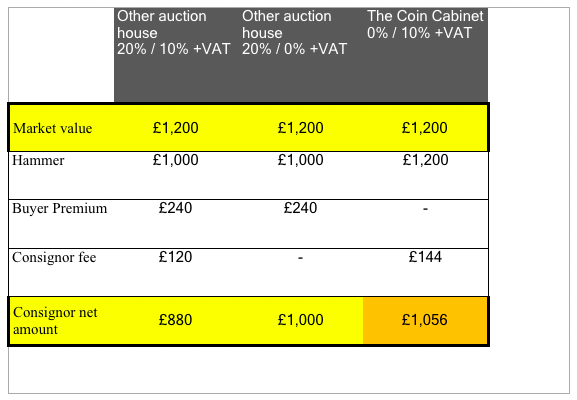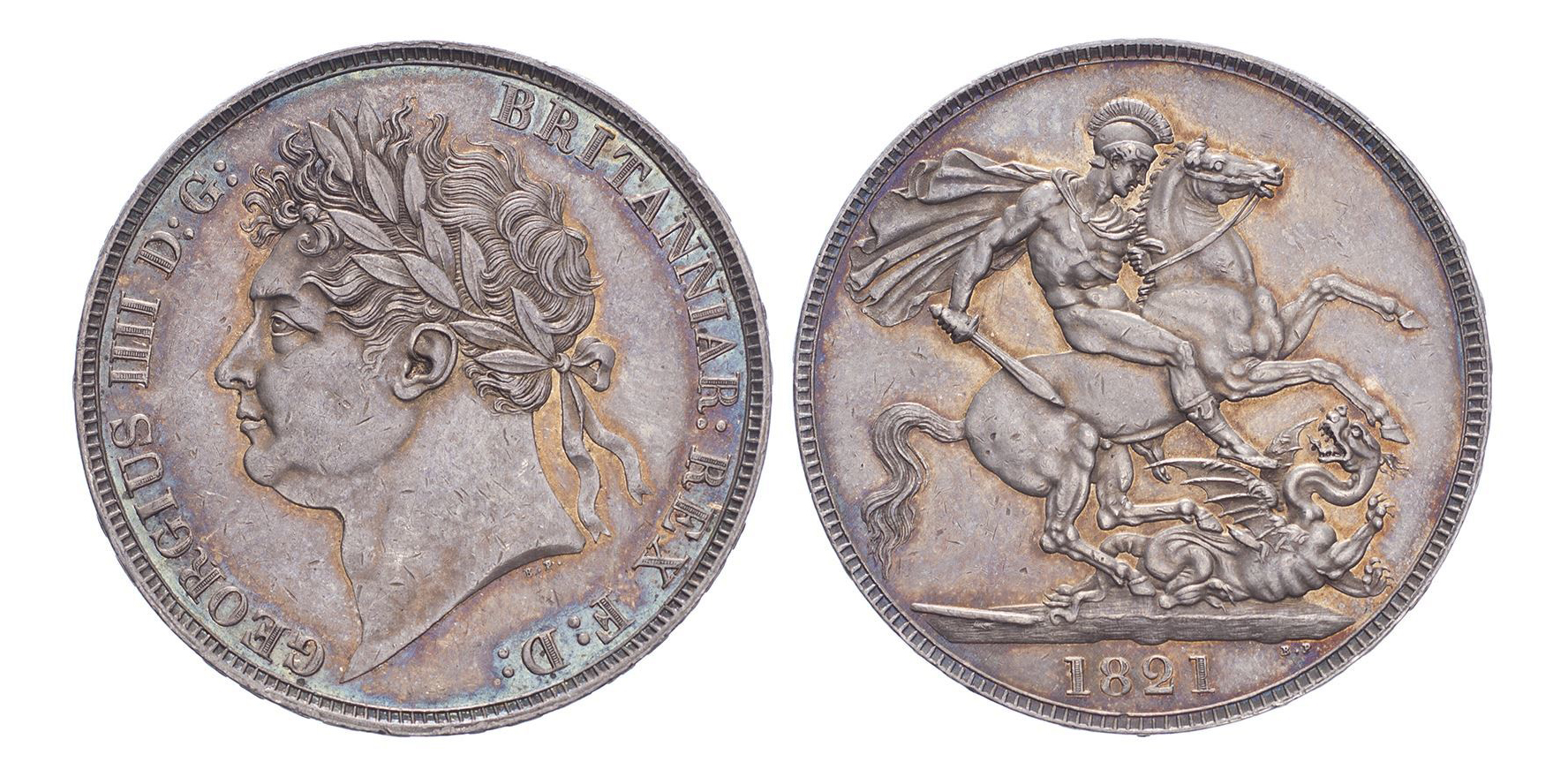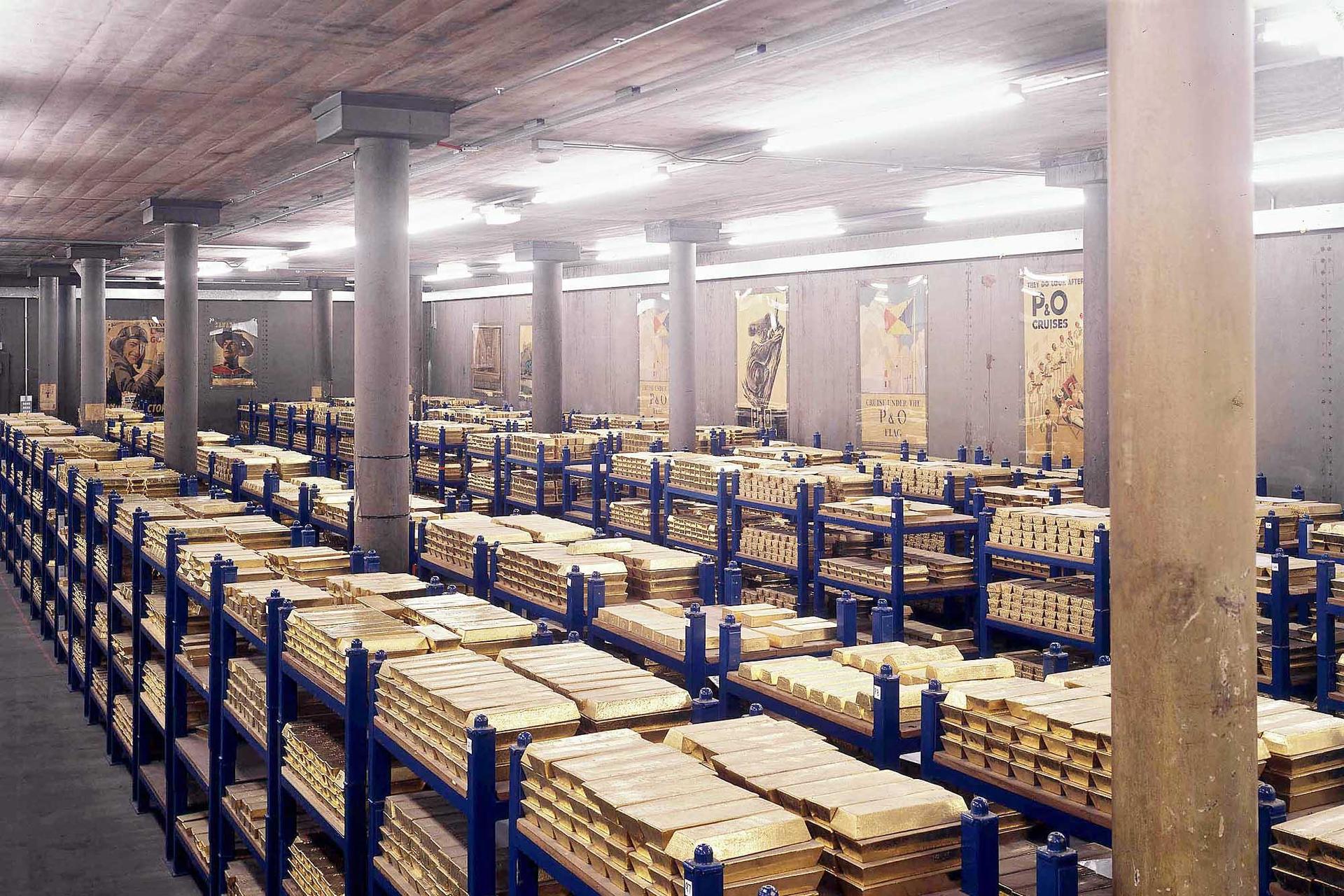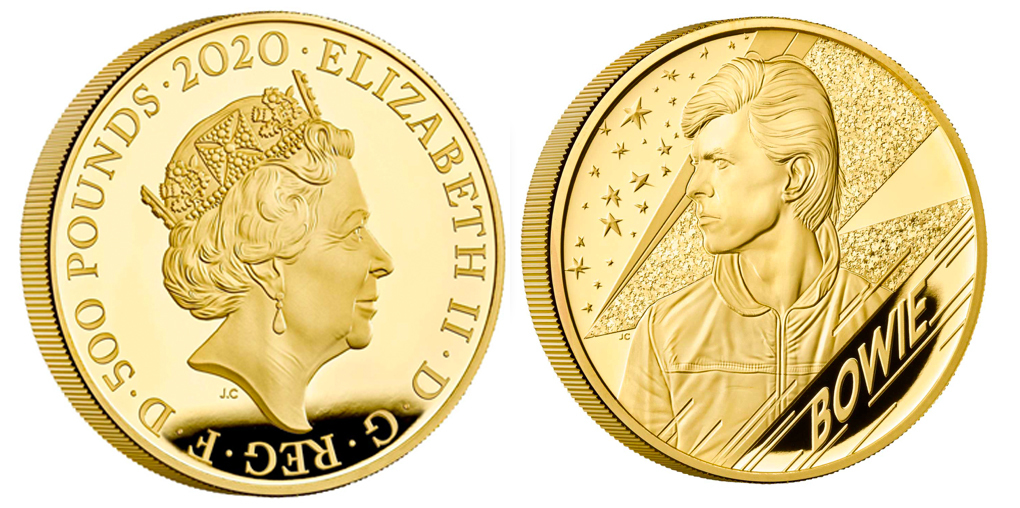Building a coin company from scratch to become one of the industry’s fastest-growing auction houses calls for a strong personal vision, allied with a forthright view on how to provide the best possible trading platform for clients.
Andreas’s understanding of and frustrations with the coin business is why he founded The Coin Cabinet, and the reason he remains an outspoken critic of its shortcomings and an evangelist for its potential. ‘I’m a great believer in coins as an investment, and in market price,’ he asserts. As with all assets, the ‘spread’ — the difference between what the seller is asking and the buyer is bidding — is fundamental to how the market values a coin. But within this apparently straightforward arrangement lies dealers and other third parties whose business is to take a bite from the deal.
True market value
Auctions have become popular because superficially the market price reigns supreme. But the benefits can be uneven: buyers and sellers face premiums, with auction houses generally charging the buyer 20% + VAT (reducing a buyer’s spend) and the seller anything from 0-20% + VAT (reducing the return). ‘Imagine paying 30% total transaction costs to do a deal?’ says Andreas. ‘In other asset classes it’s all about volume, knowledge and competition. Unfortunately for the coin market, it’s niche, very knowledge-driven with a lot of arbitrage opportunity and relatively low competition. High premiums are hard to avoid.’
Andreas’ mission is to narrow that spread by reducing the buyer’s premium to 0%, with a 10% seller’s premium. Additionally, coins offered at auction are priced at 10% below their melt price. ‘On our platform it’s the bidders who determine the price — we don’t interfere. ‘The best coins always go a few bids over your highest “comfortable' bid”’, he says, ‘but with us buyers know that the hammer price is the price they pay, plus VAT.’

An example of transaction fees, illustrated with commonly charged buyer’s and seller’s premiums. The Coin Cabinet offers a 0% buyer’s premium and 10% sellers premium, reduced to 9% for coins graded through its third-party grading service
Andreas sees his contribution to the coin industry as giving everyone access to a transparent market via a secure and easy-to-use platform, without paying large part of a transaction in fees. ‘The importance of investors and collectors having unfettered access — that’s the key to our business being successful,’ Andreas affirms, ‘it increases the size of the market.’ For collectors new to auctions, he recommends participating in a variety of online auctions as part of the learning experience — ‘Heritage Auctions has a great bidding platform’ — others are listed on the BNTA website, alongside The Coin Cabinet.
Seeking the highest price
‘Some people say that bigger auction houses get more for the coins as they have better marketing, a larger customer base,’ says Andreas. But the market is changing, expanding, globalising. Traditional and established dealers and auction houses will lose market share if they are complacent. ‘Some offer a 0% seller’s commission, which looks good on paper, but charge a buyer’s premium of 20% +VAT,’ he notes.
‘This means that bidders factor into their bids an additional one-fifth on top of the price, limiting the spend and pool of potential clients.’ Alternatively, sellers might see higher gains by putting an item with a high price tag on eBay or equivalent. ‘Probably all dealers have done that at least once and then from then on we risk setting prices too high,’ says Andreas. This is where speculation and greed comes in — forcing buyers to overpay for coins risks burning out collectors’ funds, which is ‘terrible for the long-term success of the coin market.’




